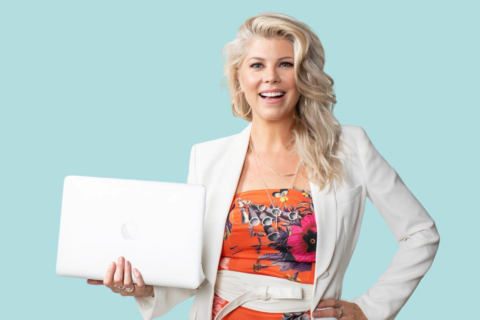5. Weigh the merit of your stance.
“A company can decide to take a stand on any social issue if it is passionate about it and also affects or touches on its core values and principles. However, a growing brand or even an established brand wanting to compete effectively with growth and profitability in question, will be smart to remain neutral and avoid controversial stands that can jeopardize efforts to grow the brand. A business cannot spend funds and time to build a brand and get mangled up in a given social issue that could undo all the efforts and reputation in an instant. A brand should therefore weigh the merit of sticking its head out on an issue against potentially alienating prospective clientele.”
– Victor Kwegyir, CEO of Vike Invest, Ltd.: @vikek
6. Always take a stand.
“Brands should always take a stand. We, as entrepreneurs, start businesses to change the world. In order to do that, we have to choose what we are for and against. Therefore, we should stand up for what we believe and stand against what is wrong.”
– Daniel James Scott, Founder of Alorum: @sparkcatalyst
7. Ensure your stance aligns with your brand promise.
“A brand is a very serious and fragile thing and must be handled with care. I’m a passionate person and have strong opinions about most things, but as a manager of many brands, it is clear to me that every brand has its own voice and its own passions. For that reason, a brand should most certainly take a stand on issues that align with their brand promise and enhance the brand experience. But they must steer clear of all other hot button issues.”
– Stephanie Silver, Vice President of Envision Creative Group: @envisioncreativ
8. Make sure your stance is relevant to your corporate values.
“If your company is not truly engaged in social issues, then it’s simply a marketing ploy. VoIP Supply became a Certified B Corporation because we put people ahead of profits, give back to the community, and act sustainably. The certification now stands as an example to others in the community that ‘conscious capitalism’ can be a successful business model.”
– Ben Sayers, CEO of VoIP Supply: @benjaminsayers
Ultimately, “branding is all about presenting a clear, consistent message that is compelling to a firm’s target market,” according to William Bolander, Assistant Professor of Marketing at The Florida State University College of Business.
Bolander contends “this suggests that if a company takes a stand on an issue that in a way that will resonate with their target market that it may not matter what people outside of their target market think. So firms thinking about taking a stand on a divisive issue must decide if the value that they receive by taking a stand that will appeal to their target market is greater than the negative reaction of those outside their target market who may not agree with the stance.”
Connect with YFS Magazine on Twitter.
Did you enjoy this article? If so, subscribe to YFS Magazine and never miss an update. Don’t forget to make our friendship official and join Young, Fabulous & Self-Employed entrepreneurs on Facebook.
Photo: Moose Knuckles
© YFS Magazine. All Rights Reserved. Copying prohibited. All material is protected by U.S. and international copyright laws. Unauthorized reproduction or distribution of this material is prohibited. Sharing of this material under Attribution-NonCommercial-NoDerivatives 4.0 International terms, listed here, is permitted.







